NORDIC ENERGY RESEARCH
Sustainability, Integration, and Progress Through Energy Co-operation

1
“Nordic co-operation on energy is globally unique. Co-operation on energy has been on the Nordic Council of Ministers’ agenda since its establishment in 1971. As a Nordic institution Nordic Energy Research facilitates the co-operation, leading to added national values, a leading position in the green transition as well as in obtaining the most integrated and sustainable region in the world.”
 Paula Lehtomäki, Secretary-General Nordic Council of Ministers
Paula Lehtomäki, Secretary-General Nordic Council of Ministers
1
Nordic Energy Research is the platform for co-operative energy research and policy development under the auspices of the Nordic Council of Ministers.
Nordic Energy Research is the go-to place for Nordic co-operation on energy research and policy
What are the aims of Nordic Energy Research?
“Nordic Energy Research finances co-operative energy research and facilitates intergovernmental energy co-operation that adds value to national initiatives. We fund inter-Nordic researcher mobility, which creates trust and long-term collaborative relationships – these are effective tools for knowledge sharing. In addition, we coordinate Nordic collaboration on EU research programs and energy legislation. The European collaboration involves:
1) A joint Nordic effort to influence and inspire work programs in international forums
2) Communicating with a common Nordic voice when it comes to EU/ EEA legislation and research programs
3) Administrative task of managing research calls.
What is Nordic Energy Research’s key message?
Finally, we engage in transforming research results into innovation, commercialization of technologies, and policy development.”
What is Nordic Energy Research’s most important goal?
“Our vision is to make the Nordic region the most sustainable and integrated energy region in the world. Nordic Energy Research facilitates progress toward this goal through energy collaboration. We create added value and a common knowledge basis for policy makers, researchers, and the energy sector to lead the green transition – both within the Nordics and by promoting Nordic energy solutions globally.”
“Nordic co-operation matters. Energy co-operation between the Nordic countries has been strong for many years and may be even stronger tomorrow. Research co-operation is important to ensure that the Nordic region remains at the forefront of the green transition. Together, the Nordic countries are the 11th largest economy in the world. Nordic co-operation on energy research is key to the region’s global competitiveness, especially in the relation to the EU/EEA, which has gained importance in recent years.”
What changes does Nordic Energy Research want to make?
“Nordic Energy Research’s most
2
important task is to support the Nordics in becoming the most integrated and sustainable region in the world. We enhance regional co-operation, create added value in the Nordic countries, and ensure trust and sustainable collaborative relationships for the benefit of society.”
Why does Nordic Energy Research publish a book?
“Our name does not capture the full scope of our activities. Facilitating Nordic co-operation involves a number of activities and focus areas all of which contribute to achieving our goals. The purpose of this book is to provide a more complete picture of what we do at Nordic Energy Research.”

3
“Facilitating Nordic co-operation involves a number of activities and focus areas, all of which contribute to achieving our goals. The purpose of this book is to provide a more complete picture of what we do at Nordic Energy Research.”
Klaus Skytte, CEO, Nordic Energy Research
The Nordics as the world’s most Sustainable and Integrated Energy Region
4 VISION
Sustainability, Integration, and Progress through Energy Co-operation
5 MISSION
Funding Research for a Sustainable Future

In the Nordic Maritime Transport and Energy Research Programme, the first call for proposals focuses on hydrogen and ammonia as potential zero-emission fuels for maritime transport.
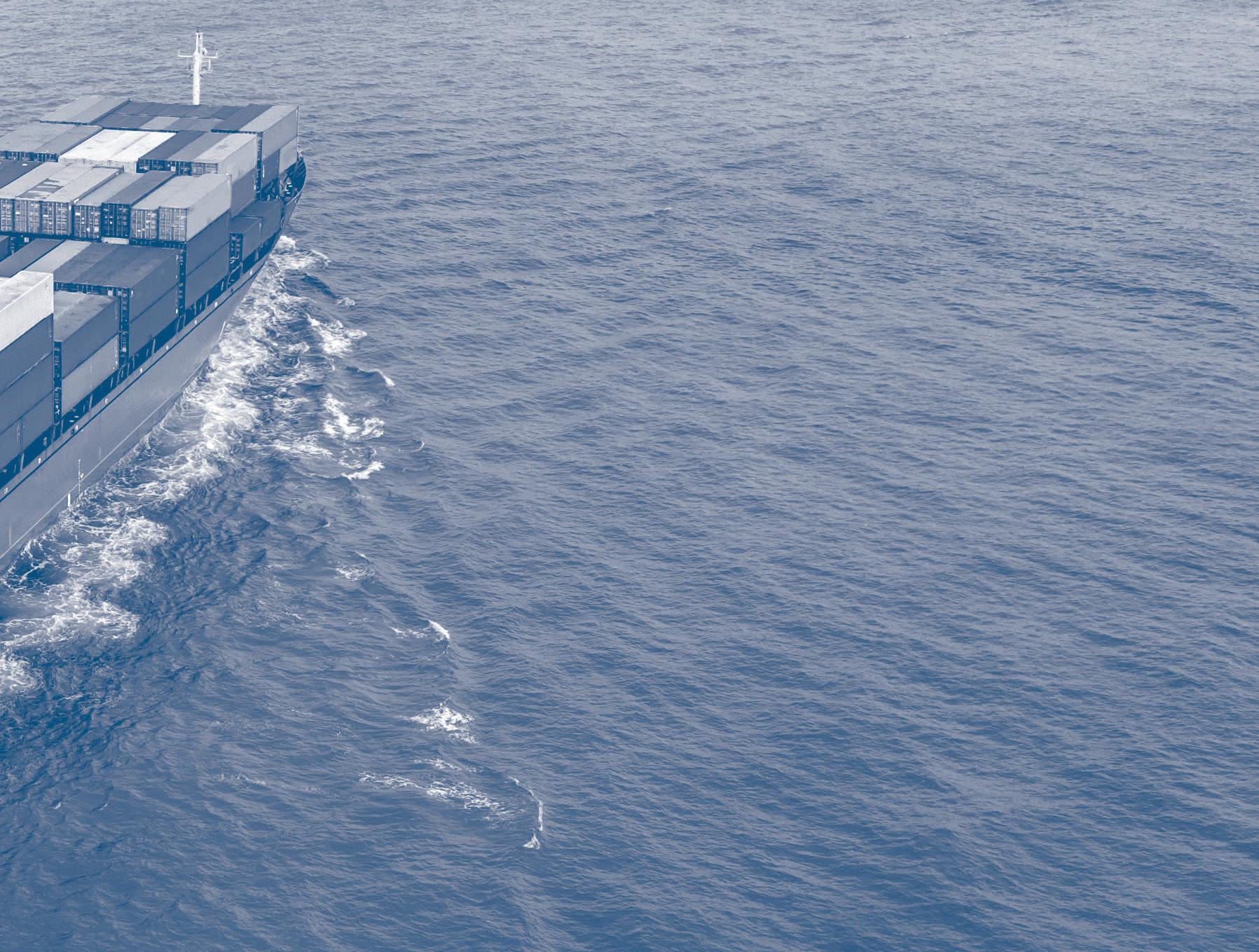
Nordic Energy Research funds research of joint interest, adding value to national strengths and initiatives in the Nordic countries.
We promote co-operation in energy research that contributes to the achievement of the ambitious Nordic energy and climate goals, as well as the vision of creating the world’s most integrated and sustainable region. Our focus is on applied research in Smart Energy Systems, Sustainable Energy, Green Transport, Energy Markets and Energy & Society.
One such initiative is the Nordic Maritime Transport and Energy Research Programme.
7
Nordic Maritime Transport and Energy Research Programme
In 2019, the Nordic Prime Ministers signed a “Declaration on Nordic Carbon Neutrality” in which they undertook to work toward a carbon-neutral Nordic region, including decarbonisation of the transport sector.
Transport – and especially maritime transport – is considered one of the hardest sectors to decarbonize. Since the Nordic region already has a high ratio of renewable energy in its energy mix, transport remains one of the greatest challenges. The Nordic countries have strong maritime clusters and are frontrunners in supporting the transition to low-carbon fuels, more energy efficient ship designs, electrification in and out of harbours, as well as carbon-cutting incentives and regulations.
Hydrogen and Ammonia
In the Nordic Maritime Transport and Energy Research Programme, the first call for proposals focuses on hydrogen and ammonia as potential zero-emission fuels for maritime transport, since this is an area of strong common interest among the Nordic countries. The Nordic added value lies in establishing synergies between the national research “environments”, which together mature low carbon fuel technologies at a global level.
“The Nordic region has a unique position with a complete cluster of shipping companies, engine manufacturers, and ship builders that are working together to improve efficiency and introduce low-carbon solutions. Nordic Energy Research supports these endeavours by financing research and development that can deliver needed knowledge and new competitive energy solutions for both the Nordic and the global markets,” says Svend Søyland, Senior Adviser, Nordic Energy Research.
The research program funds three Nordic research consortia testing various ways of using hydrogen and ammonia either in conventional fossil fuel engines or directly in fuel cells. All three consortia have significant maritime industry involvement and will run until 2022.
8
How is a research program funded?
Our research programs are prepared in close co-operation with national research funding agencies. Some programs are funded solely by Nordic Energy Research, more often though, countries join a program with finances for their respective researchers, while Nordic Energy Research coordinates and provides additional funding for these joint research programs.
Other ongoing Research Programs

1) NordGrid Program – Smart Electricity Transmission: Developing smart grid solutions for managing e.g., larger fluctuation in electricity production, active consumers, cyber-security, and more.
2) The joint Baltic-Nordic Energy Research Programme: Promoting energy research and analysis in the Baltic States and inspiring intra-Baltic and Baltic-Nordic collaboration.
For further information www.nordicenergy.org
“Nordic Energy Research has an important role as a common Nordic hub on energy research and innovation. Together the Nordic countries have a great potential to play a crucial role in the global green transition. An enhanced collaboration on research and innovation will increase the chance of success.”
Rune Volla, Director, The Research Council of Norway
Analytical Function
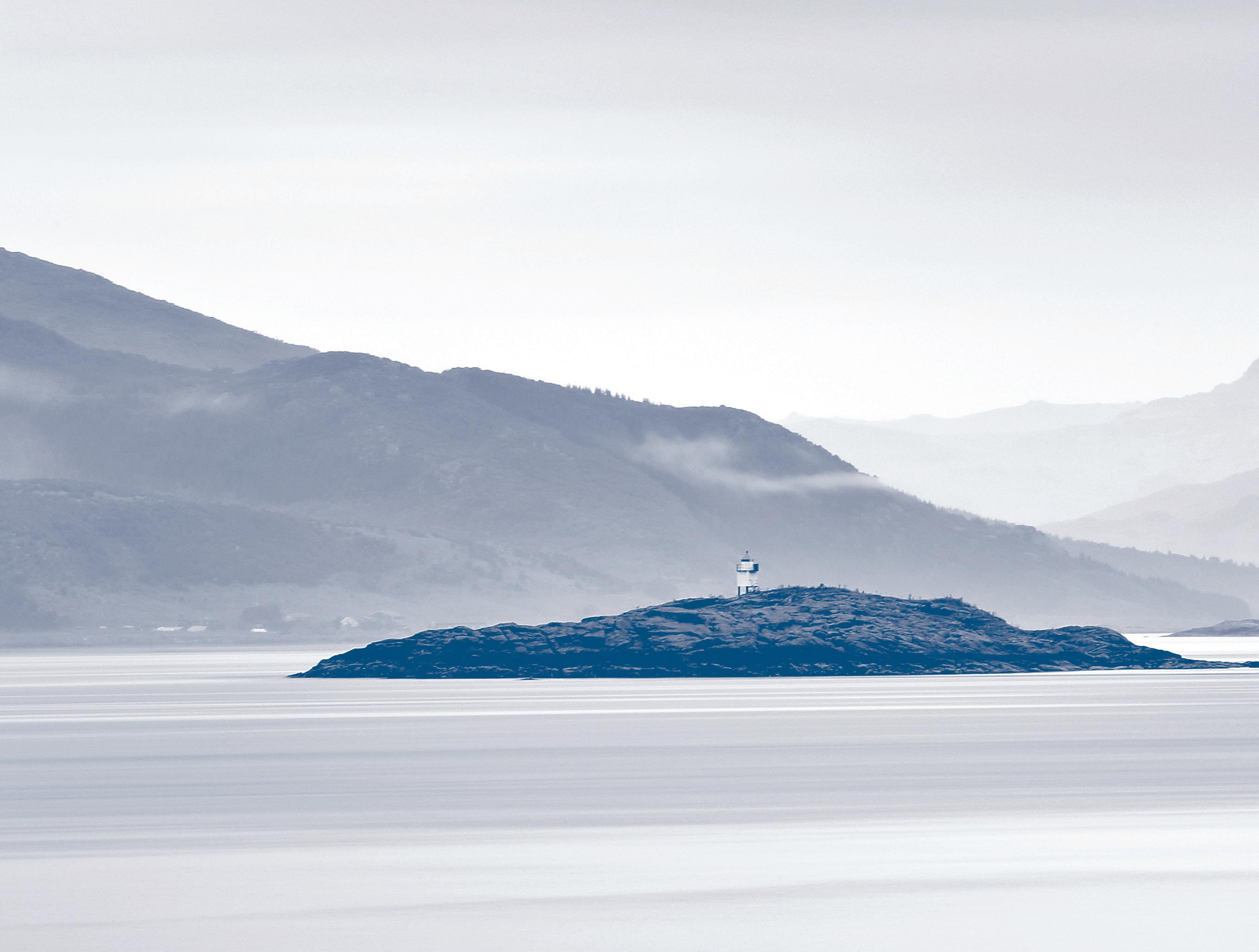
Every year, Nordic Energy Research conducts several analyses for the Nordic Council of Ministers and the Nordic countries.
Nordic Energy Research works closely with consultants and leading researchers to prepare analyses that are used in connection with strategy and policy development in the Nordic countries.
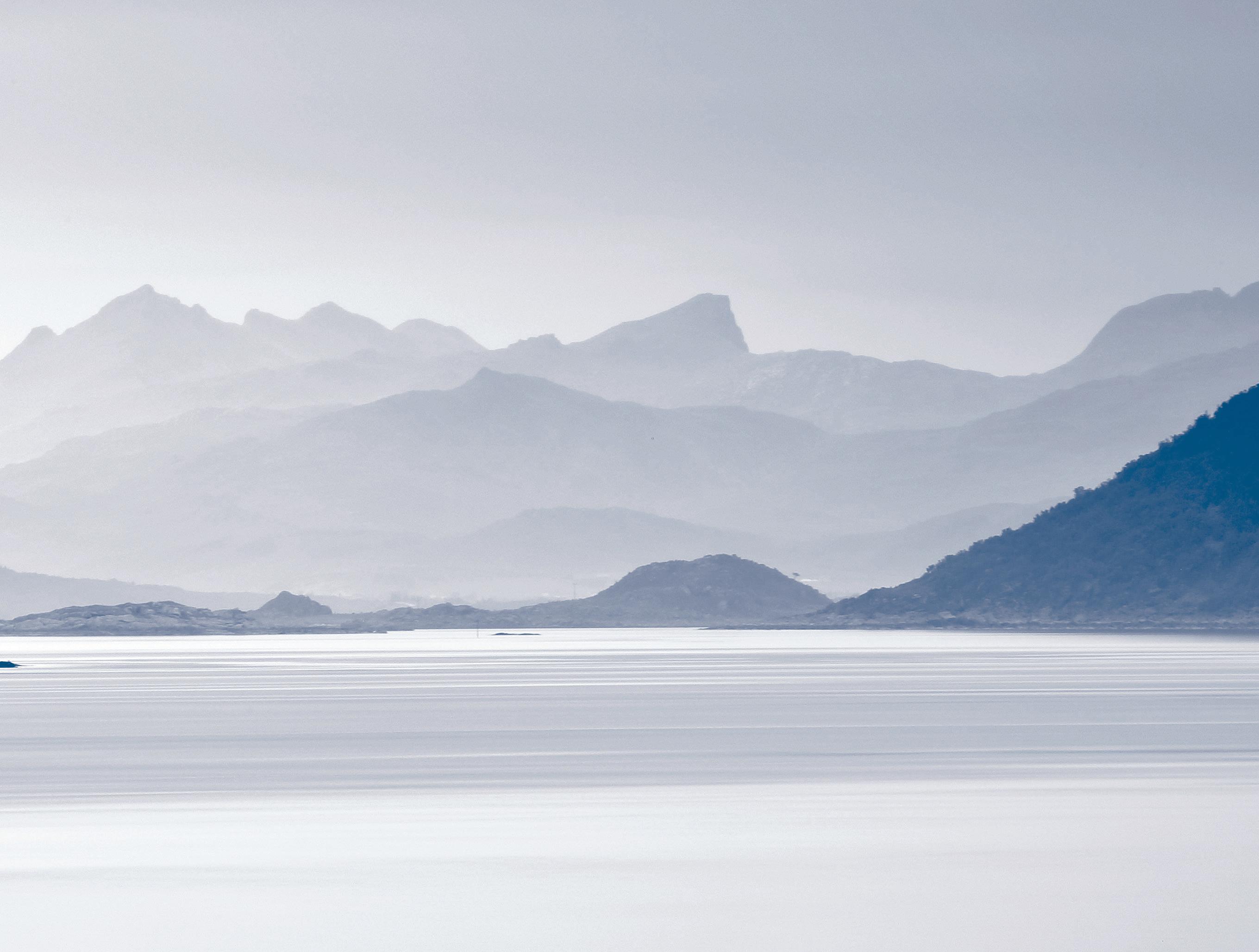
In addition, Nordic Energy Research collects data, develops indicators, and publishes statistics regarding energy in the Nordic region – as open source tools for Nordic policy makers, researchers, and the Nordic energy community to track progress on energy and climate goals. The analyses and statistics facilitate knowledge sharing and create a solid foundation for the Nordics to remain the most integrated and sustainable region in the world.
One such analysis is Nordic Clean Energy Scenarios.
11
Nordic Clean Energy Scenarios
Nordic Clean Energy Scenarios identifies technological solutions and develops scenarios illustrating how the Nordic energy sector can achieve carbon neutrality by involving various sectors. Quantitative scenarios have been developed, describing pathways to carbon neutrality from 2018 to 2050.
In 2019, the Nordic countries signed a joint Declaration on Carbon Neutrality, committing to make the Nordics a carbon neutral region, in line with the COP21 Paris Climate Agreement.
Nordic Energy Research realized the need for a publicly available research-based analysis, to gather Nordic perspectives on national and regional energy systems and to complement ongoing work in each country.
To support this commitment, Nordic Clean Energy Scenarios was commissioned. The analysis has two aims: To identify and help prioritise necessary actions leading up to 2030 through scenario modelling, and to map potential long-term pathways to carbon neutrality.
A rapidly changing landscape
Nordic Clean Energy Scenarios builds on earlier
efforts of Nordic Energy Research, for instance, the Nordic Energy Technology Perspectives reports (2013, 2016). However, the rapidly changing landscape of the energy sector has seen cost declines for energy technologies that were unimaginable a few years ago, while ambitions to curb climate change have risen around the world.
An updated analysis
These developments have changed the prospects for certain technologies and the conditions for the Nordic energy system, highlighting the need for an updated analysis of technological and socio-economic conditions.
Nordic Clean Energy Scenarios is conducted by a consortium of leading researchers and consultants working with energy modelling and scenario development, and managed by Energiforsk in Sweden.
12
“At Energiforsk, we often work with projects that focus on the Swedish energy system. With Nordic Clean Energy Scenarios, we had the opportunity to look at the Nordic region as a whole, capturing co-benefits and difficulties that arise when the energy system is analysed at a regional level. This is often missing in national analytical work, and it was paramount that Nordic Energy Research initiated a common Nordic analysis, that will provide an important benchmark for future national studies in the coming years.”
Markus Wråke, CEO, Energiforsk, Sweden
The three scenarios developed and explored in the analysis are:
1) Carbon Neutral Nordics (CNN) seeks the least-cost pathway, taking into account current national plans, strategies, and targets.
2) Nordic Powerhouse (NPH) explores the opportunity for the Nordics to play a larger role in the broader European energy transition by providing clean electricity, clean fuels, and carbon storage.
3) Climate Neutral Behaviour (CNB) reflects Nordic societies adopting additional energy and material efficiency measures in all sectors, ultimately leading to lower demand for both.

13
Nordic Co-operation Matters





14





15
Secretarial Support

16
Nordic Energy Research provides secretarial support to various working groups set up by the Nordic Council of Ministers.
Nordic Energy Research facilitates intergovernmental energy co-operation that adds value to national initiatives. One example is Nordic Energy Research’s secretarial support for various working groups under the Nordic Council of Ministers.
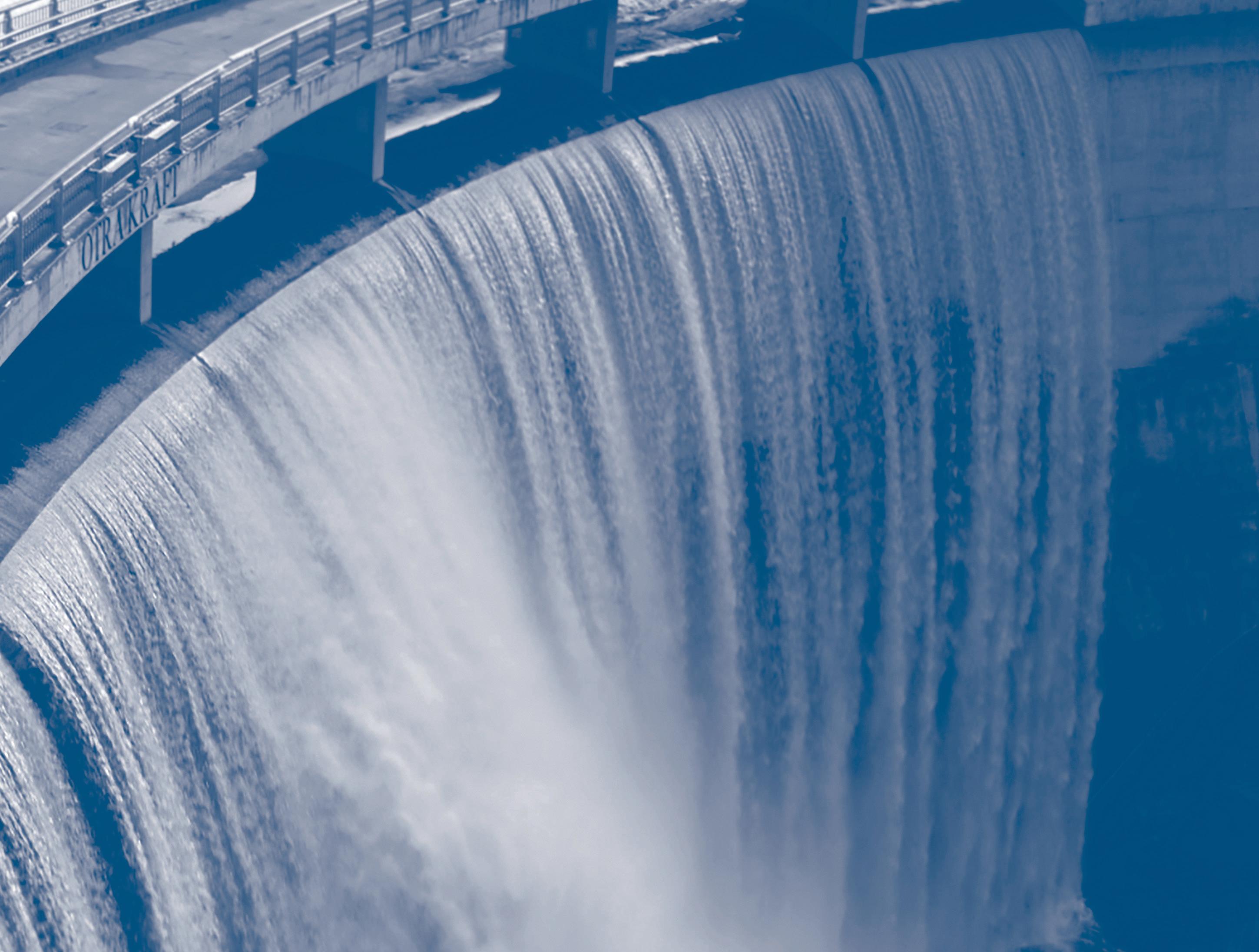
The main purpose of the working groups is to serve as forums for national representatives to discuss, coordinate and collaborate on issues of political priority. Nordic Energy Research acts as the secretariat for the working groups by providing professional as well as administrative assistance to the groups and relevant stakeholders.
The Electricity Market Group is one of the working groups that receive secretarial support from Nordic Energy Research.
17
The Electricity Market Group
The Electricity Market Group and Nordic Energy Research are helping the Nordic countries to co-design their future electricity market, e.g., through the annual Nordic Electricity Market Forum.
As representatives of the national ministries, the Electricity Market Group coordinates development and regulatory work in the Nordic electricity market. The remit is to promote an optimal internal Nordic electricity market, which strives to be the world’s most competitive, innovative, and consumer-oriented electricity market, and thus contribute to achieving the ambitious Nordic climate goals. To this end, the Electricity Market Group commissions analyses and provides advice to the Energy Ministers of the Nordic countries.
Coordination and implementation
The group members deliberate on issues relating to the Nordic electricity market and coordinate national approaches, e.g., regarding national implementation of the EU regulation on energy – the “Clean Energy Package”, co-operation on measures to secure adequate electricity supply to all Nordic electricity consumers, and plans for digitalisation of the electricity grid in the Nordic region, to name just a few.
The Electricity Market Group is also responsible for organizing the annual Nordic Electricity Market Forum for relevant stakeholders in the Nordic electricity sector.
A shared vision
Based on the results from the first forum, held in 2018, Nordic Energy Research, together with the Electricity Market Group, prepared a 2030 Vision for the Nordic electricity market, which collectively represents a shared vision for electricity market stakeholders. In addition, a roadmap was established for working toward the vision. The Nordic Energy Ministers adopted the common vision for the electricity market at their meeting in 2019 and took note of the proposed action plan to achieve the vision. They requested the Electricity Market Group to follow up on the implementation of the action plan and the continued work toward the vision. The Roadmap is updated annually, based on discussions and input from the Nordic Electricity Market Forum.
Learn more:
www.nordicenergy.org
18
The forum has four key purposes:
» Communication, collaboration, and creating synergies among different stakeholders, e.g., TSOs, regulators, producers, consumer organizations, etc.
» Interaction between policy makers and non-political stakeholders.
» Input on joint Nordic standpoints on electricity market issues, e.g., in relation to new EU regulations.
» Discussions on forward-looking themes, such as visions and long-term strategies specific to the Nordic electricity market, as well as preparation of relevant action plans.
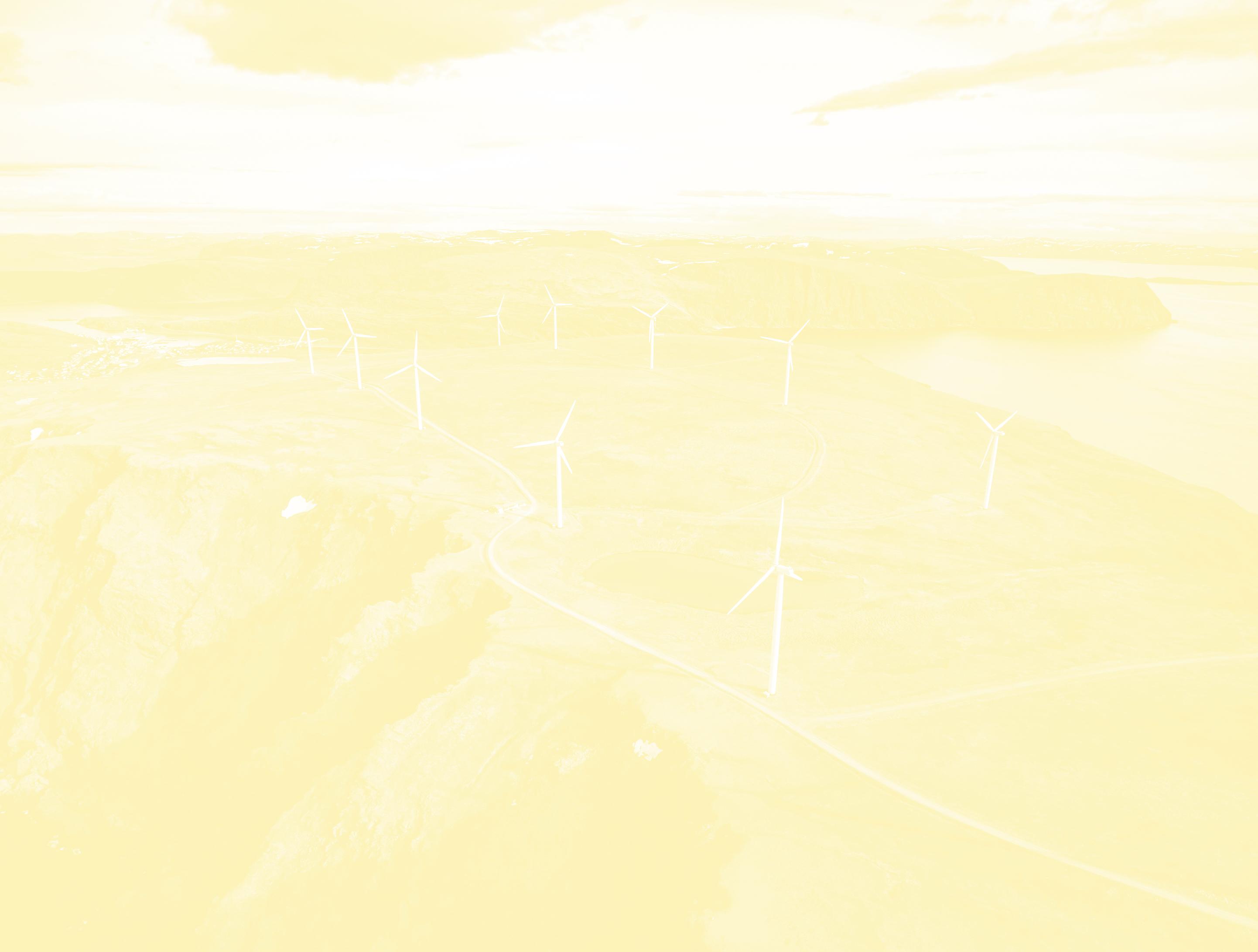
The group was established in 2019 to:
» Promote information exchange and co-operation on CCUS policy development and decarbonisation.
» Discuss CCUS issues concerning policies and strategies and make proposals to the energy sector at Nordic Council of Ministers and the Committee of Senior Officials for Energy Policies (EK-E) e.g., on EU regulations.
» Monitor development in the decarbonisation area and within CCUS in the Nordics, in the Nordic-Baltic co-operation and within the framework of the EU Baltic Sea region, with focus on all technologies and system solutions.
“The Nordic Electricity Market Forum is a place for exchanging views on joint Nordic co-operation in the electricity market. At the forum, participants have the opportunity to influence how a common Nordic electricity market should develop to fulfill the Nordic electricity market 2030 vision.”
Tatu Pahkala,
Chair of the Nordic Electricity Market Group
Another working group receiving secretarial support is the Networking Group on CCUS
19
Social Sustainability
Social sustainability is emphasized as an important aspect of the green energy transition, since the shift will lead to major changes in our energy systems and affect citizens in different ways. One element of social sustainability to consider is the gender perspective.
The Nordic countries are often praised for high levels of equality and inclusion. However, both statistics and experiences from the energy sector show that the Nordic energy sector is far from representing gender equality. The aim of Nordic Energy Equality Network (NEEN) – is to highlight these issues, develop tools for improving gender balance and diversity in the Nordic energy sector, and contribute to a more inclusive energy future.
“The energy sector is a traditionally male-dominated sector, especially if you look at the oil and gas business. However, the ongoing transition to renewable energy is bringing more diversity into the sector, and there might be an important window of opportunity.”
Sofia Elamson, Adviser at Nordic Energy Research and Secretary of the Nordic Energy Equality Network (NEEN)

Socially Sustainable Development
Nordic Energy Equality Network (NEEN) is the Nordic umbrella for the promotion of gender diversity and empowerment of women within the energy sector. The network is funded by Nordic Energy Research.
Since 2017, Nordic Energy Research has gathered representatives from universities, research institutions, industry, and other organizations to discuss challenges and find solutions for reducing the gender gap and increasing the female participation in the energy sector.
NEEN was established, because it quickly became clear that a Nordic network to strengthen the female representation in the energy sector and to promote an inclusive energy transition was needed. The network brings together people who are interested in achieving these important goals and who continuously put gender equality and diversity issues on the agenda.
“Energy issues affect everyone, and the energy sector should seek to become more inclusive. This is a question of democracy – sustainable development also means including different societal perspectives. It is a question of engaging all available human capital to develop and implement the necessary energy solutions to achieve our climate goals in time. NEEN strives for more diversity and works continuously to support and emphasize the importance of female representation in the energy sector,” says Karina Barnholt Klepper, Chair of NEEN and Researcher at the Norwegian Defense Research Establishment (FFI).
Perspectives from all of society
NEEN argues that the green transition can only be successful if the more traditional approaches
from technology and economics are complemented by other and more diverse approaches. The adoption of green energy solutions should include all Nordic citizens and ensure that the green transition does not increase inequalities. It is a question of mindsets, structures, and cultures to ensure a successful transition towards a sustainable future, all perspectives must be included.
NEEN strives to make the energy sector more visible and attractive to women, e.g., by highlighting female role models. The network also aims at building bridges between education, research, government, and industry to promote an inclusive approach through the sector.
Get in touch:
www.nordicenergy.org
21
Nordic Mobility Programs and Networks


22
Nordic Energy Research is offering support for PhD and researcher mobility within energy research.
Nordic Energy Research has been building strong networks among energy research stakeholders since 1985.
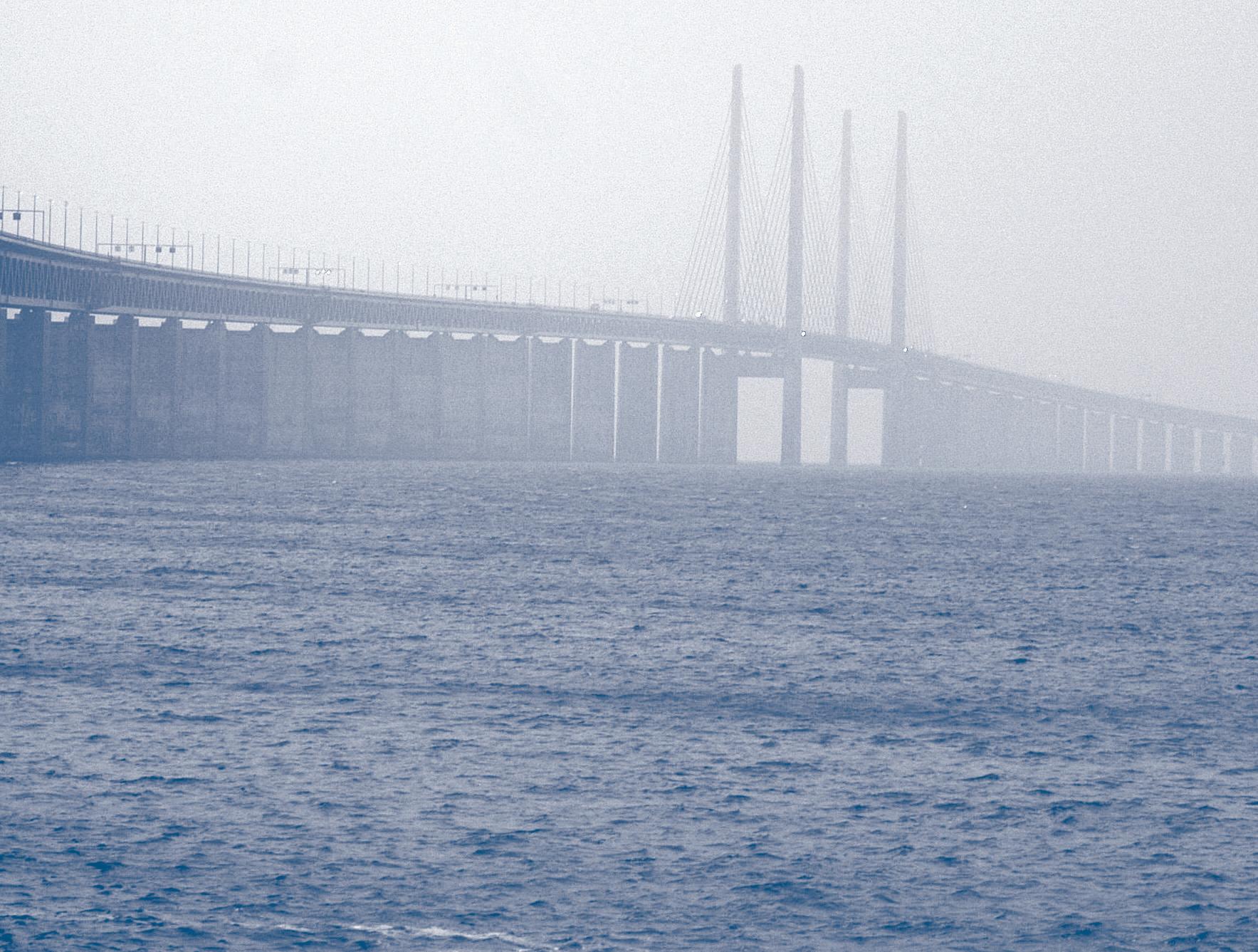
The establishment of research network strengthens Nordic co-operation by creating trust and long-term relationships, and contributes to increase the quality and relevance of Nordic research environments globally.
Nordic Energy Research offers grants to Nordic and Baltic researchers and PhD students for transnational exchange and networking to promote relationships between Baltic and Nordic energy researchers.
One such program is the Nordic and Nordic-Baltic PhD and Researcher Mobility Program.
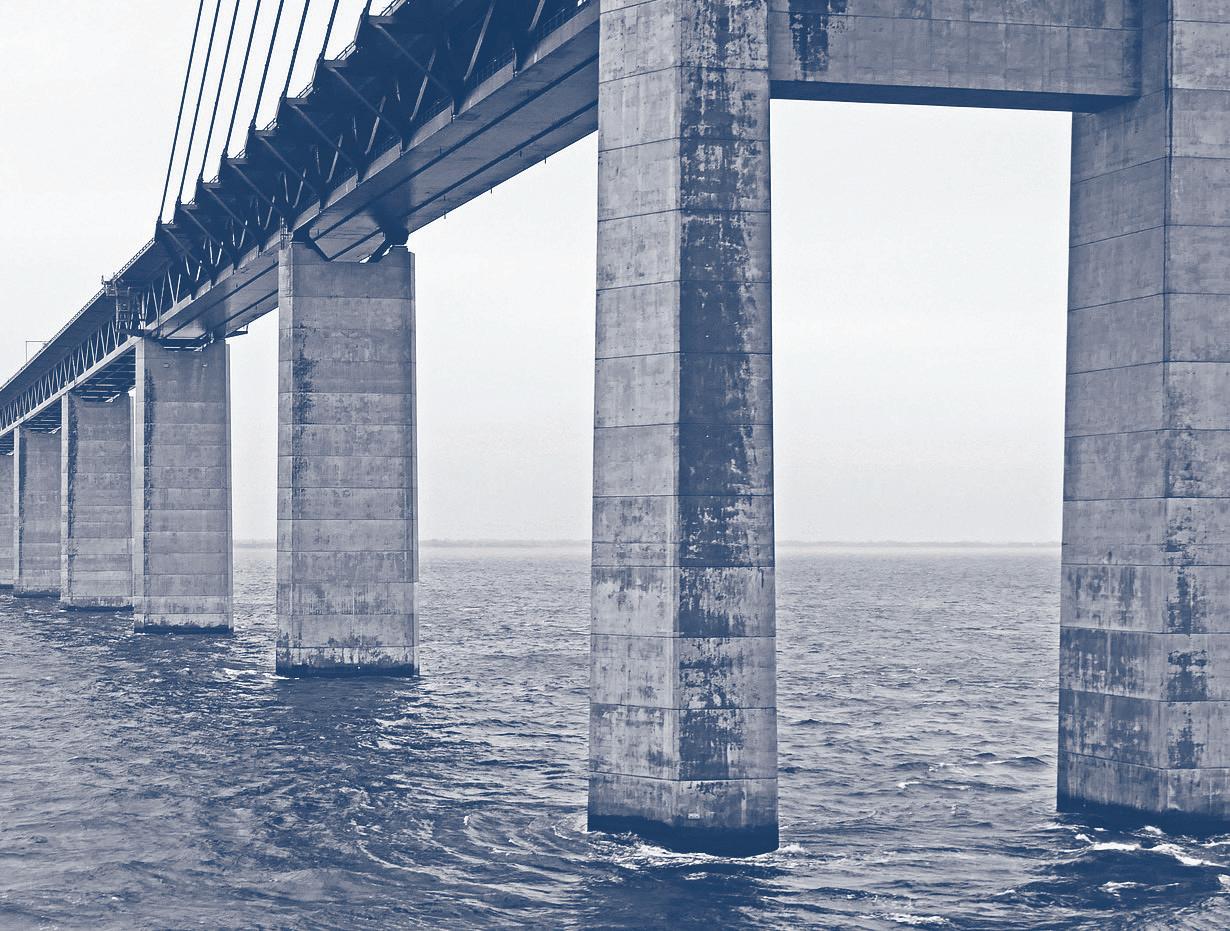
23
Nordic and Nordic-Baltic PhD and Researcher Mobility Program
The Nordic and Nordic-Baltic PhD and Researcher Mobility Program is an example of how Nordic Energy Research facilitates relationships and initiates collaboration on energy research among universities and research institutions in the Nordics and the Nordic-Baltic regions.
Two examples of funded networks
1) The Material Technologies for Post-Combustion
CO2 Capture and Utilization Network:
The aim of the network is to create strong academic relationships between four leading Nordic research groups to strengthen the interdisciplinary mobility for training of highly qualified researchers, and create the basis for a strong CCU-Nordic network. The network supports and educates outstanding CCU researchers by advancing their skills in science, engineering, and social competences. The intention is to develop selected researchers to become experts and leaders in academia, industry, and government – and in the long run lead future developments of the CCU.
“Technologies that enable Carbon Capture and Utilization (CCU) are important for achieving the Nordic countries’ ambitious goals of reducing CO2 emissions. As a representative of the researchers from the participating universities, I know that we would like to contribute to
the solution of this great challenge. The CCU-Nordic network gives our PhD students and researchers an excellent opportunity to support, educate and collaborate in this area. I believe that the CCU-Nordic network will lead to better education, facilitate the exchange of knowledge, and initiate further collaborations,” says Andreas Kaiser, Project Manager and Associate Professor, Technical University of Denmark.
2) Nordic-Baltic PhD and Researcher Mobility Network in the Field of Bioenergy:
The intention of the Nordic-Baltic PhD and Researcher Mobility Network in the Field of Bioenergy is to become an internationally recognized research network. The network supports research and innovations in the efficient consumption of renewable energy, reduction of environmental pollution, and implementation of new technologies in the bioenergy sector. Ongoing research includes reduction of pollutants in the combustion of biomass and integration of energy storage systems in various prosesses of production.
24
is oriented toward future long-term exchange of knowledge and competencies. The network guarantees mobility of PhD students and researchers and will maximize collaboration among the neighbouring countries in the region. Collaboration on bioenergy among researchers across national borders will strengthen the development of safe and clean technologies that can ensure future production of heat and electricity in areas without large amounts of renewable resources, such as solar or wind energy.“
Linas Paukštaitis, Project Manager and Lecturer at Kaunas University of Technology, Lithuania
The aims of the Nordic and Nordic-Baltic PhD and researcher mobility program are:
» To develop and facilitate framework for co-operation among higher education institutions, research institutions and industry in the Nordic and Nordic-Baltic regions.

» To offer support to PhD and research projects within key areas: digitization, development of the electricity market, energy storage, transport, bioenergy and CCUS.
» To create useful networks for researchers.
“The Nordic-Baltic PhD and Researcher Mobility Network in the Field of Bioenergy
25
Nordic-EU Co-operation
International co-operation on energy research and policy is important if the Nordic region is to maintain its leading position in the green transition. Nordic Energy Research coordinates Nordic co-operation and acts as call manager on EU/EEA research programs. In addition, Nordic Energy Research facilitates intergovernmental energy co-operation that adds value to national initiatives and ensures that the Nordic region communicates in a common, energy-professional voice with the EU. International energy aspects in the EU/ EEA, and especially in the Baltic countries, have been on the agenda since the beginning of the official Nordic energy co-operation.
“Our joint research program with Mission Innovation strengthens Nordic and Baltic co-operation within the digital transformation of energy systems. Current and future projects are expected to contribute to increased Nordic integration and green growth.”
 Antti Silvast, Senior Advisor, Nordic Energy Research
Antti Silvast, Senior Advisor, Nordic Energy Research
ERA-Net Smart Energy Systems & EnerDigit
Nordic Energy Research coordinates the Nordic approaches within specific ERA-Net activities and provides additional funding to Nordic consortium partners in specific calls.
Nordic Energy Research has been active within ERA-Net Smart Energy Systems since its inception in 2015, funding research on smart energy systems, energy storage and digitalisation. By participating in the ERA-Net Smart Energy Systems, Nordic Energy Research creates better opportunities for Nordic and Baltic partners to submit joint project applications addressing common challenges and opportunities within the Nordic-Baltic region.
ERA-Net consists of 32 funding partners from 29 different countries and regions. By joining the ERA-Net Smart Energy Systems, Nordic Energy Research offers Nordic researchers the opportunity to participate in an international research and knowledge community. The ERA-Net Smart Energy Systems published a joint call
MICall2020 in 2020, in collaboration with Mission Innovation, a global initiative working to accelerate clean energy innovation. The call marks the beginning of the Joint Programming Platform, which is an initiative focusing on digitalisation of the energy system called EnerDigit. The aim of EnerDigit is to support transnational research and innovation, ensure the digitalisation of energy systems, and promote the green transition to a sustainable society.
Digitalisation and green transition Nordic Energy Research’s participation in the joint call MICall2020 as a funding partner will increase Nordic and Baltic project partners’ opportunities to co-develop digital solutions facilitating the green energy
transition. The Nordic vision is to become the most integrated region in the world by 2030, and digitalisation is the key to achieving this goal. The Nordic and Baltic countries are among the most digitally integrated in the world, and increased co-operation within this area has a potential to contribute to a green, competitive, and socially sustainable region. Learn more:
www.nordicenergy.org
Nordic Energy Research works closely with several international organisations, such as:
» OECD
» IEA
» COP meetings
27
Published by:
Nordic Energy Research
Stensberggata 25
NO-0170 Oslo, Norway info@nordicenergy.org
Follow us: #nordicenergyresearch
@NEF_Oslo
Explore more and sign up for our newsletter at: www.nordicenergy.org
Photo credit:
AdobeStock, IStock, Shutterstock, Unsplash. Page 20: Greta Rönneskog.
Produced in collaboration with: Its all about, Rønfeldt Kommunikation, and Stibo Complete.
28
SVANEM ÆRKET Tryksag 5041 0004
“Nordic Energy Research has an important role in facilitating the Nordic energy co-operation. By adding on to the national research funds, it creates added value to the individual countries as well as strengthens the Nordic competitiveness and lead position in the global green transition.”
 Helena Sarén, Chair of the Board of Nordic Energy Research and Head of Smart Energy, Business Finland
Helena Sarén, Chair of the Board of Nordic Energy Research and Head of Smart Energy, Business Finland
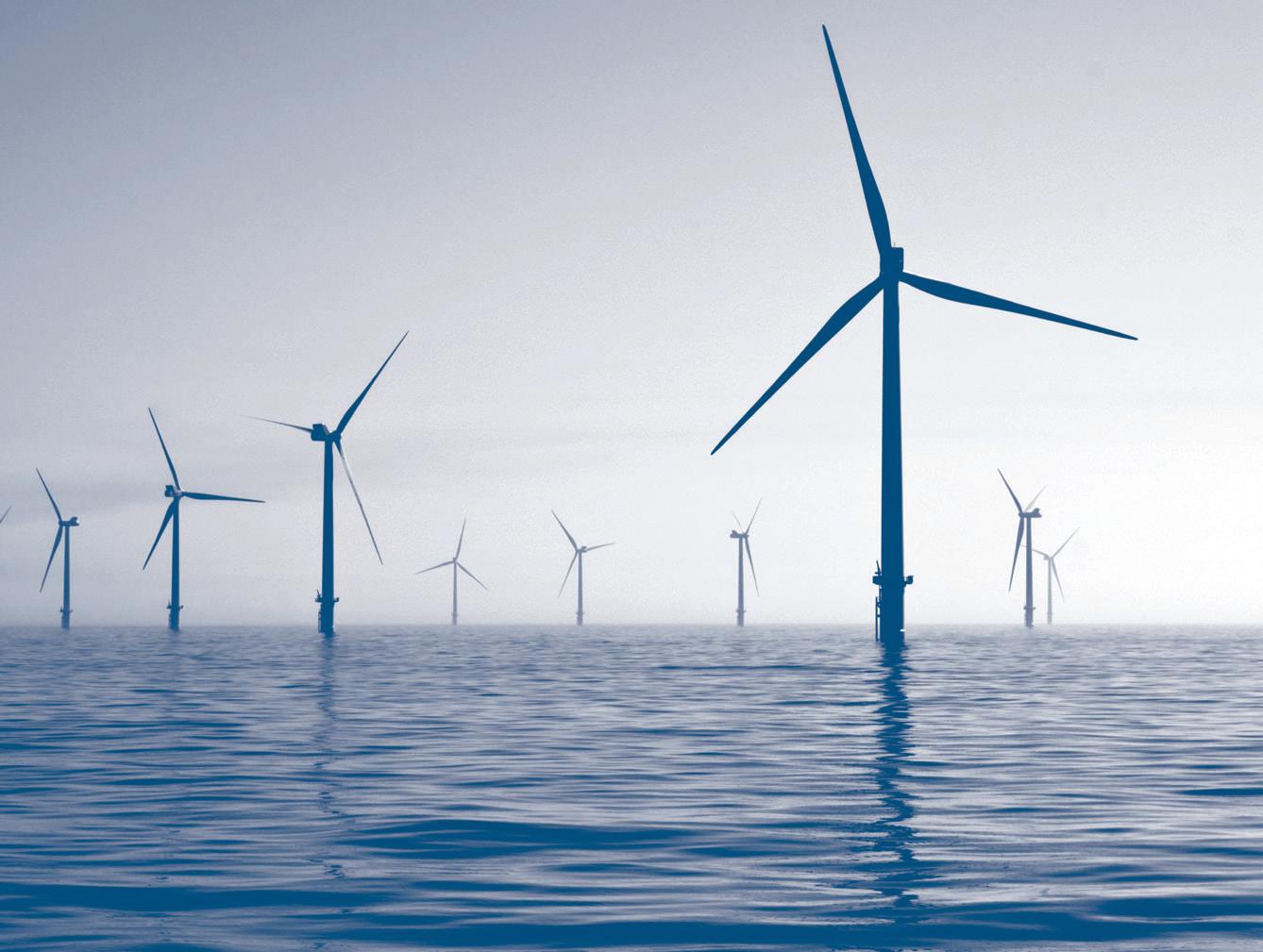
30

 Paula Lehtomäki, Secretary-General Nordic Council of Ministers
Paula Lehtomäki, Secretary-General Nordic Council of Ministers



























 Antti Silvast, Senior Advisor, Nordic Energy Research
Antti Silvast, Senior Advisor, Nordic Energy Research
 Helena Sarén, Chair of the Board of Nordic Energy Research and Head of Smart Energy, Business Finland
Helena Sarén, Chair of the Board of Nordic Energy Research and Head of Smart Energy, Business Finland
